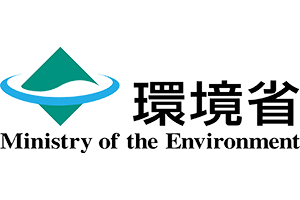Session 5. Addressing a Burning Problem: Case Studies from Asia to Help Improve Air Quality
Session co-organizers:
- Live and Learn
- Thailand Environment Institute
- Global Alliance on Health and Pollution
- Vietnam Clean Air Partnership
9 September 2021, 09.30 - 11:00 (UTC+7)
In Southeast Asia, practices such as open dumping and open burning of municipal solid waste are generally practiced in countries where recycling rate is less than 50 per cent. Improper management of waste contributes significantly to air pollution. Open dumps are the most hazardous waste disposal methods as these can easily pollute air and ground water. The pandemic created additional challenges in waste management in developing countries.
Crop residue burning has been linked to elevated PM2.5 in parts of the region on a seasonal basis, especially after harvest of before planting season. Many farmers still consider burning as a viable option for reducing labor cost, minimizing duration of cultivation, aiding pest control, removing weeds, and facilitating tillage. Despite the introduction of machinery as an alternative to burning, utilization, purchase and maintenance of farming machinery were often found to be too costly for famers.
The session aims to promote successful solutions to address open burning of agricultural crop residues and municipal solid waste and to discuss opportunities to scale up implementation of these solutions.
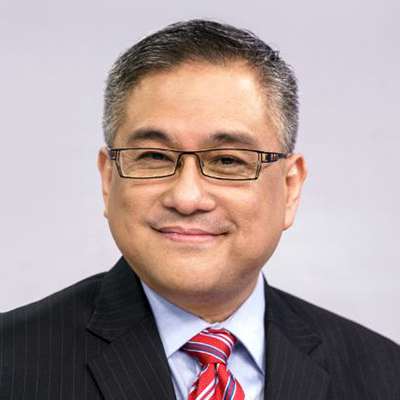
Mr. Rico Hizon
Senior Anchor and Director for Content Development, CNN Philippines
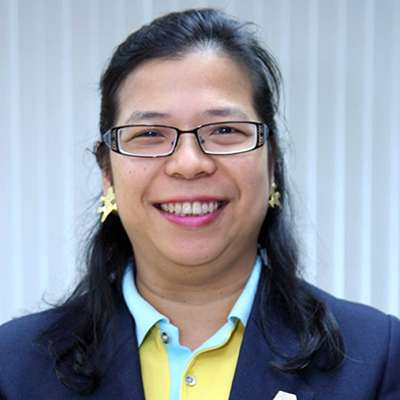
Dr. Savitri Garivait
the Joint Graduate School of Energy and Environment, King Mongkut’s University of Technology Thonburi (KMUTT)
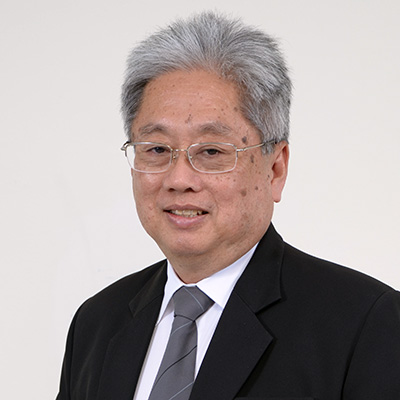
Dr. Supat Wangwongwatana
Senior Advisor, Thailand Environment Institute
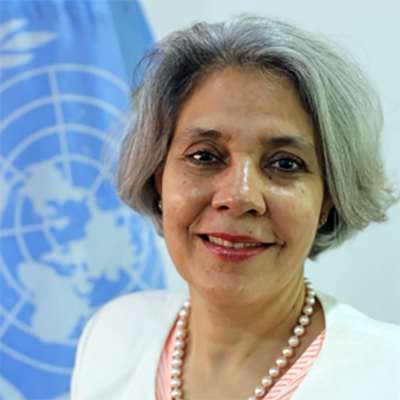
Ms. Gita Sabharwal
UN Resident Coordinator in Thailand
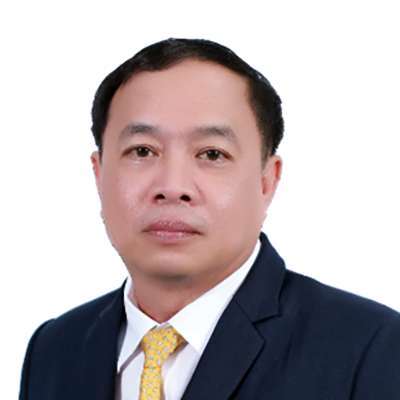
Mr. Samart Noivun
Director of Strategy and Planning Division, Office of the Cane and Sugar Board, Thailand
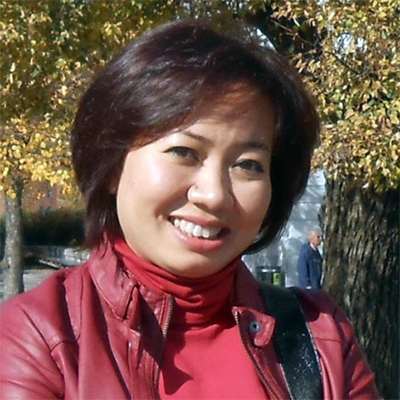
Ms. Thuy Le Thanh
Head of Project Management and Communication Division, Hanoi Environmental Protection Agency, Hanoi Department of Natural Resources and Environment
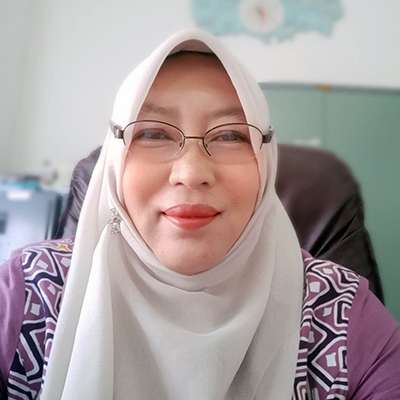
Ms. Merty Ilona
Head of Division of Pollution and Environmental Damage Control, Environment Agency of Central Kalimantan
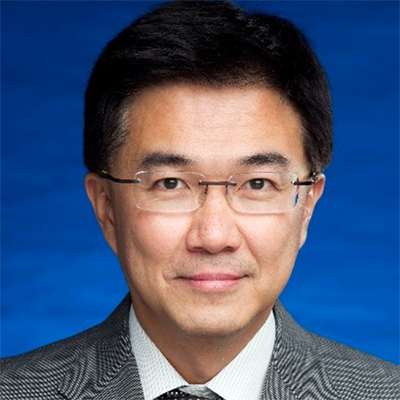
Mr. Worrawat Sriyook
Vice President, Corporate Sustainability, Mitr Phol Group
